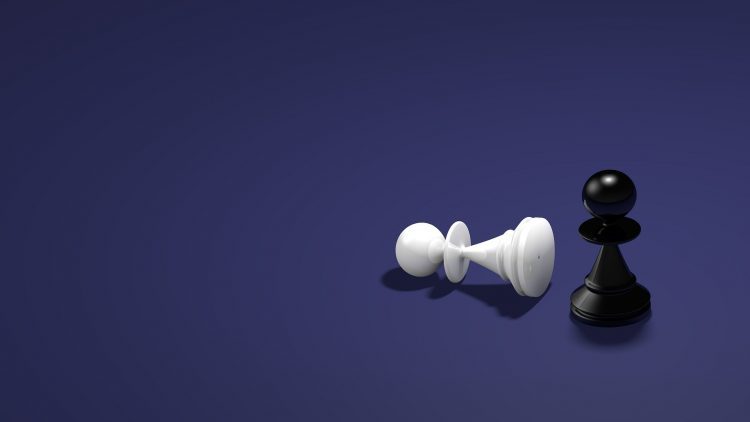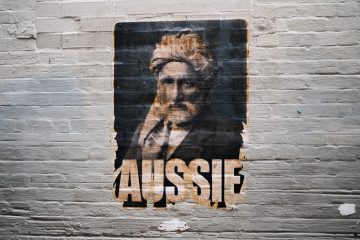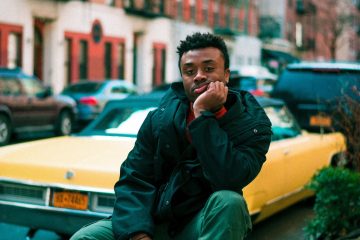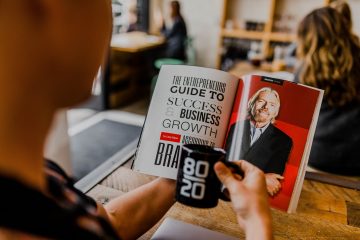How Indigenous Doctors Can Change Medicine
Ever wondered what it takes to beat the odds against discrimination and still continue to pursue and achieve your dreams in medicine?
Dr. Kelvin Kong is no stranger to this. As an indigenous doctor, his greatest challenge is not just coming up with ideas to treat patients in his surgery, but to reduce the dichotomy that exists within the Australian community for Aboriginal health[1].
An ear, nose, and throat specialist and hailing from the Worimi mob, Dr. Kong has had a humble beginning living with his single mother and two sisters[2]. From early on he has had to confront the battles of racism and familial troubles, while witnessing the debilitating health status of his community.
Dr. Kong is certainly no stranger to adversity. Having been pressured to pick up a trade due to strained family finances and neglect tertiary education, he has had to fight such dilemmas as it swayed from the norms of his community. However, understanding the value of education and the fruits that comes with it, Dr. Kong’s mother, Grace, demonstrated how her role as a nurse benefitted the community.
Witnessing his mother’s dedication to aid her community, his pursuit for studying medicine grew. Following the footsteps of his father and two elder sisters who helped and guided him, Dr. Kong was admitted into medicine at the University of New South Wales after first being rejected from Sydney University.
Since finishing medicine he has become the first Aboriginal surgeon in Australia[2]. He is now following his mothers’ footsteps; only this time he’ll be helping as a doctor. It’s clear from this that the environment in which he was brought up in helped shape his plans for pursuing medicine and how he intends on using this platform to assist the wider community.
Dr. Kong’s identity has a lot to play with the way he views the world and how he hopes to reduce the dichotomy in the Australian health system, “If you can influence people to move in directions you want them to, then you’ll make a lot more gains,” he says[3]. By creating awareness in his spare time as a medical specialist, he aims to stabilize and provide professional care to rural Australia.
He is also involved in studies such as the Hearing, Ear health and Language services (HEALS), which was designed to provide healthcare services to remote Aboriginal communities in 2013/14[4]. The ear health status of Aboriginal kids ranks fourth globally[5]. This gravely impacts the ability to learn and stay focused in class and thereby impinges their future prospects of employment. Here, Dr. Kong and his colleagues aimed to demonstrate strategic measures such as HEALS to improve Aboriginal health.
His work, as seen by the Aboriginal and non-Aboriginal people, is very well recognized, and his passion to help the Australian society is ever growing. Prof. Harvey Coates believes Dr. Kong’s leadership skills will no doubt put him in the realm of becoming a politician[6].
If you have wondered what you could do as a doctor to help your community, then perhaps reflect on Dr. Kong and his achievements. He has beaten the odds of doing something that no Aboriginal had done previously. By becoming a doctor, then specialist, professor, and a leader/role model for the Aboriginal community places him amongst the highest of achievers in not just Aboriginals circles but wider Australia. His story is encouraging to future students as it demonstrates how he used his circumstances as a driving force for becoming a doctor.
References:
- Gruen, R.L., et al., The surgical care of indigenous Australians: a structured orientation programme. ANZ J Surg, 2007. 77(11): p. 925-9.
- Kong, K.M., Surgical training–a personal Koori journey. Med J Aust, 2003. 178(10): p. 501-3.
- Crisp, L., The surgeon, in The Australian. 2010.
- Young, C., et al., A case study of enhanced clinical care enabled by Aboriginal health research: the Hearing, Ear health, and Language Services (HEALS) project. Aust N Z J Public Health, 2016. 40(6): p. 523-528.
- Jane Burns, N.T., Review of ear health and hearing among Indigenous Australians. Australian Indigenous HealthInfoNet, 2013
- SBSLivingBlack, Living Black Conversations S2014 Ep11 – Dr. Kelvin Kong, in Living Black Conversations 2014: Australia p. 27:02.






